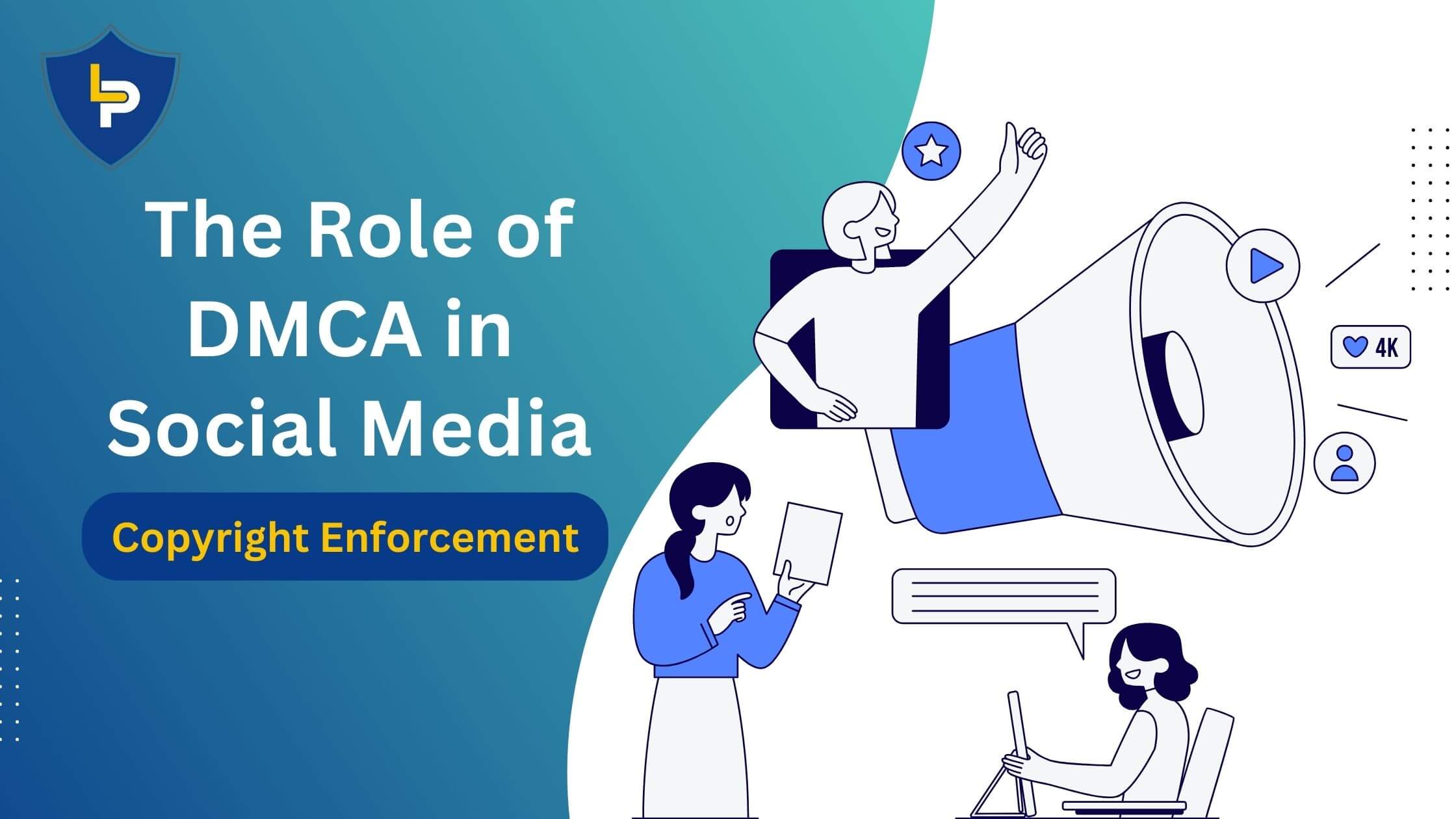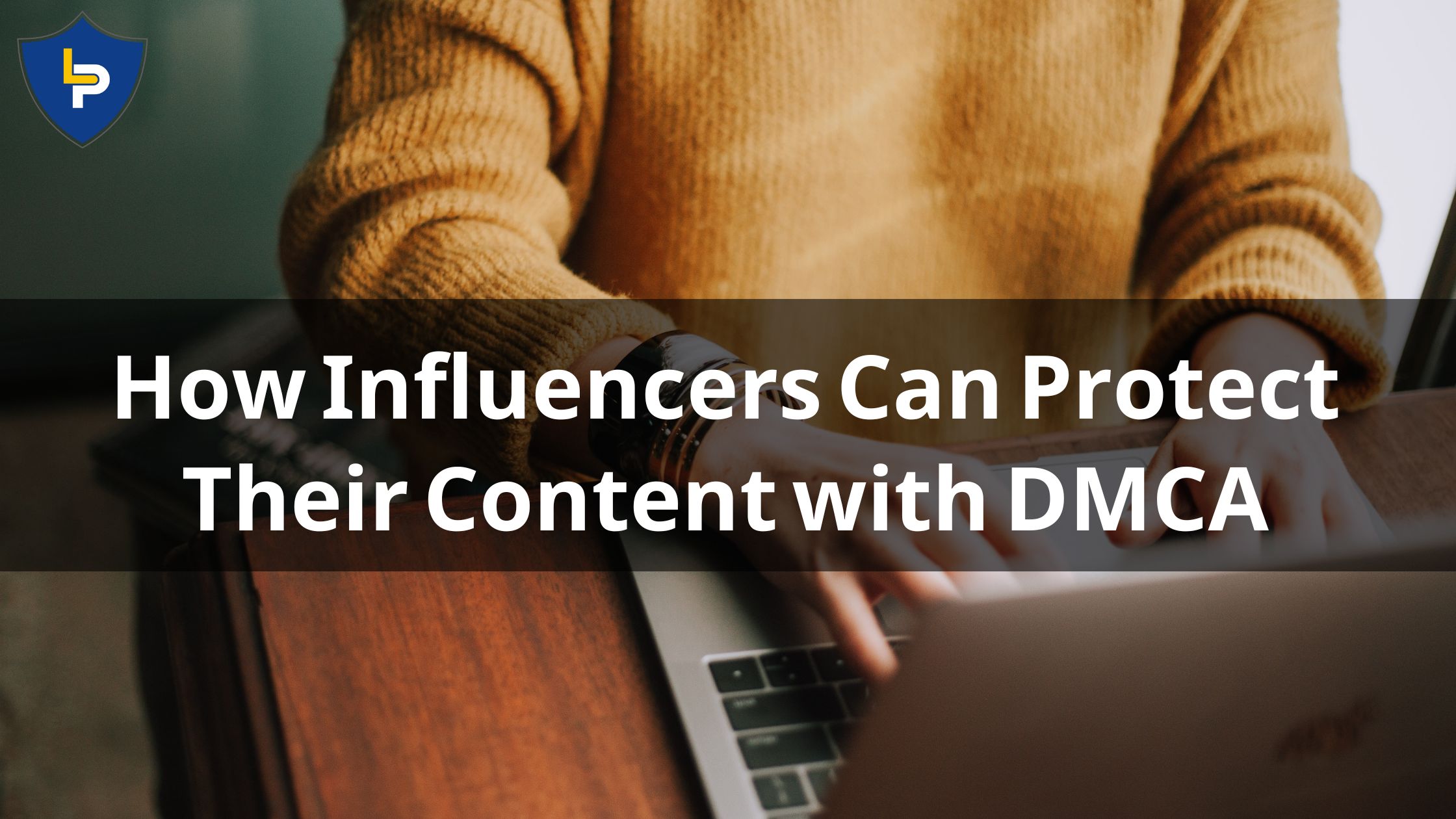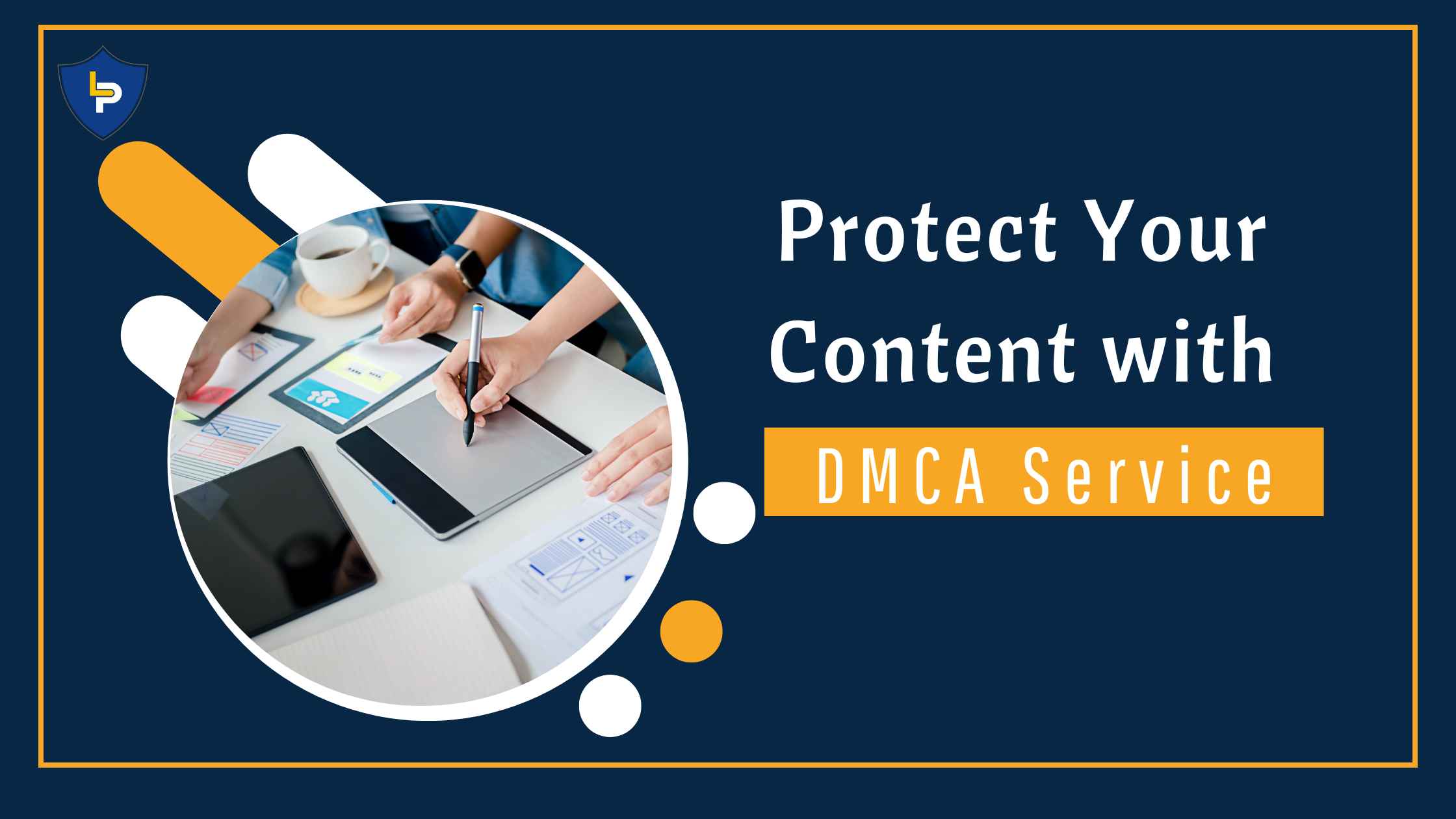In today’s digital world, social media platforms are flooded with user-generated content, ranging from videos, images, and music to articles and blogs. While this has allowed creators to reach broader audiences, it has also led to an increase in unauthorized sharing and copyright infringement. To protect original content, the Digital Millennium Copyright Act (DMCA) plays a pivotal role in copyright enforcement on social media. This article explores how the DMCA aids in protecting intellectual property on social media and the importance of the DMCA Takedown Notice.
How Does the DMCA Help in Social Media Copyright Enforcement?
The DMCA provides legal recourse for copyright holders, enabling them to remove or restrict access to infringing content on social media. Here’s how the DMCA plays a critical role:
1. Simplifies the Process of Copyright Protection
The DMCA offers an accessible solution for copyright holders by allowing them to submit a DMCA Takedown Notice directly to the social media platform. This process typically requires minimal documentation but must contain essential details, such as the copyrighted work, the infringing content, and proof of ownership.
For example, if an artist discovers their image posted on Instagram without permission, they can submit a takedown notice to Instagram’s DMCA team. After verification, Instagram may remove the content and notify the infringing party.
2. Encourages Platforms to Adopt Proactive Copyright Policies
Social media platforms are legally incentivized to have copyright management systems in place to maintain their “safe harbor” protection under the DMCA. The safe harbor provision shields platforms from liability for user-generated copyright violations, provided they respond promptly to takedown notices and do not directly profit from the infringement.
Platforms like YouTube and Facebook, therefore, implement automated content recognition tools like Content ID and Rights Manager to monitor and detect infringing content proactively. These tools allow copyright holders to block, monetize, or track unauthorized uses of their content.
3. Empowers Creators with Legal Action
Infringement on social media is common, whether intentional or accidental. The DMCA empowers creators to take swift action to protect their rights and reduce unauthorized sharing. Once a DMCA Takedown Notice is submitted and validated, the infringing content is typically removed within a short timeframe, thus minimizing the reach and impact of the infringement.
This quick resolution is vital for creators, especially those relying on digital content for income. Artists, musicians, and photographers, for instance, often experience significant losses from unauthorized sharing. The DMCA helps mitigate these losses by providing an effective enforcement tool.
Limitations and Challenges of DMCA on Social Media
While the DMCA is invaluable for copyright enforcement, it does face challenges, especially on social media.
- False Claims and Abuse of DMCA Notices:
One of the main issues with the DMCA process on social media is the potential for abuse. Some users submit false DMCA claims to take down legitimate content, often for competitive reasons or personal grievances. This misuse undermines the system and poses difficulties for creators whose legitimate content gets unfairly removed. - High Volume of Content:
Social media platforms process billions of posts daily, making it challenging to track and enforce every case of copyright infringement. Automated systems may not catch every violation or may mistakenly flag fair use content, causing frustration for both creators and users. - Limitations on International Enforcement:
The DMCA is a U.S.-based law, which limits its effectiveness for content posted by users outside the United States. Although major social media platforms adhere to DMCA guidelines globally, some copyright issues may still arise in international cases, complicating enforcement.
The Future of DMCA and Copyright on Social Media
As social media continues to evolve, so does the need for effective copyright protection. Many social platforms are enhancing their copyright management tools to support the growing demands of creators and copyright holders. Additionally, there is ongoing discussion about updating copyright laws to address emerging digital trends, such as AI-generated content and deepfakes, which may add new layers of complexity to copyright enforcement.
Conclusion
The DMCA Takedown Notice has become a fundamental tool in social media copyright enforcement, offering creators and copyright holders a way to protect their intellectual property. By enabling quick removal of infringing content, promoting proactive copyright policies, and giving creators legal recourse, the DMCA reinforces copyright protection across social media. While it has limitations, its role remains crucial in today’s content-driven social landscape, underscoring the importance of adapting copyright laws to keep pace with digital innovation.






 Mon-Sat 10am-7pm IST
Mon-Sat 10am-7pm IST